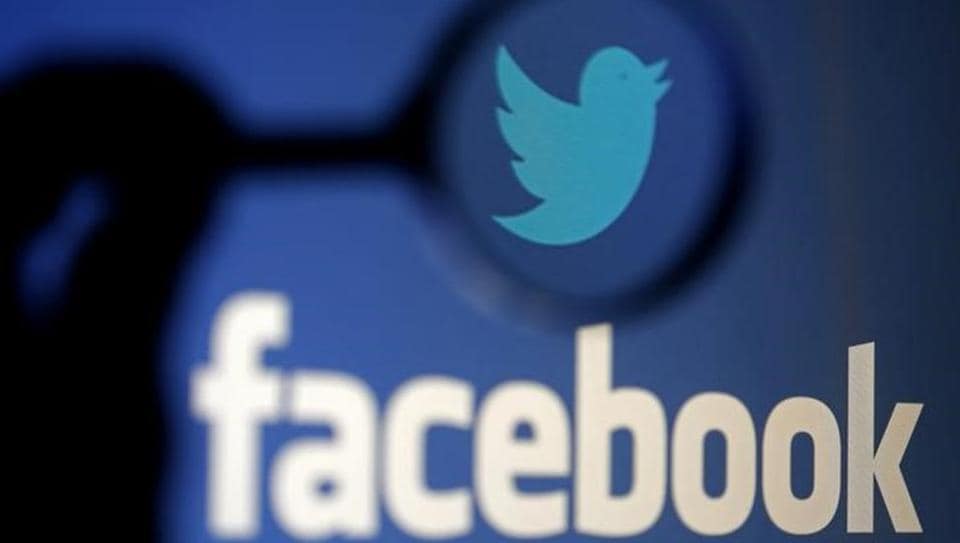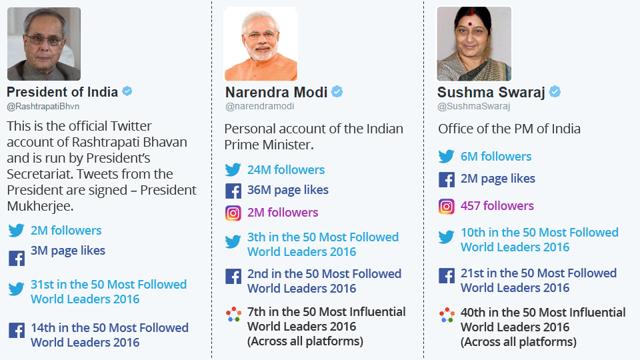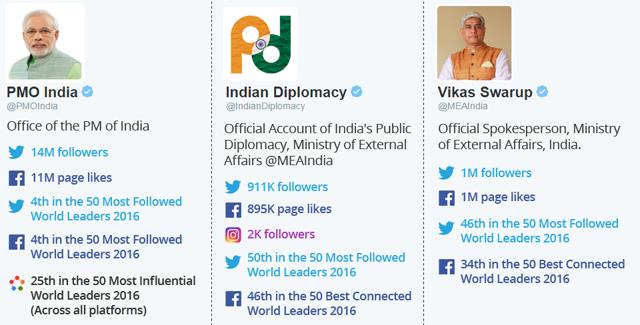Digital diplomacy is the new radio
When Sushma Swaraj threatened Amazon on Twitter, she had formulated and announced government policy in three tweets. And no one thought it wasn’t ‘official’ because it came from her personal Twitter account.

Digital Diplomacy is the new radio. Ever since politicians figured out that they could speak directly to 'the masses', we have had the phenomenon of public diplomacy. It became possible, via radio, to speak directly to people without having to go through official government channels. In the early 20th century, the Nazis and the Bolsheviks effectively used the radio to stoke revolutions in neighbouring countries. A hundred years later, with the advent of social media, public diplomacy has taken a new leap, to 140-character policy frameworks, thanks to Twitter.
When Indian External Affairs Minister Sushma Swaraj threatened Amazon on Twitter that they would either remove 'products insulting our national flag immediately' or 'we will not grant Indian visa to any Amazon official', she displayed exactly how powerful a tool Twitter had become. She had formulated and announced government policy in three tweets. And no one thought it wasn't 'official' because it came from her personal Twitter account.
Indian High Commission in Canada : This is unacceptable. Please take this up with Amazon at the highest level. https://t.co/L4yI3gLk3h
— Sushma Swaraj (@SushmaSwaraj) January 11, 2017
Social media platforms have encouraged politicians, government agencies and ministries to speak directly to people all around the world. The past few years have almost certainly been the most twitter-ly diplomatic years in history with more and more politicians of an international standing and significance taking to social media to communicate with their constituents, give opinion, and even wish other celebrities happy birthday. Many politicians of international standing and importance tend to be big on tweeting and facebooking (Barack Obama famously fought hard to keep his Blackberry in the Oval Office, but couldn't tweet or text like he used to in his pre-Presidential days).
In spite of the fact that 90% of all UN member countries have a presence on social media with 793 Twitter accounts belonging to heads of state in 173 countries; it is all used mostly for one-way broadcast. The 2016 Twiplomacy study by Burson-Marsteller found that the five most followed world leaders only follow a handful of other world leaders, if at all. What's worse, they are not the most conversational either. They hardly ever reply to their millions of followers. Their twitter accounts are almost exclusively used to broadcast their opinion, achievements, etc
The one exception to this is Sushma Swaraj. Apart from being the world's most followed female leader on Twitter, she has been that rare member of government who responds to people personally, and actually solves their embassy and visa problems on Twitter. She has even managed a few incredible rescues in some countries.
When a Cabinet Minister publicly calls an embassy, wheels move, people get rescued, travel documents are issued. Or a private company in Canada suddenly removes products from its website that it did not manufacture. No questions asked. The Amazon diktat is the newest in a long line of twitter instructions the minister has become used to sending out. While most of her other instructions have been to embassies and officers of her ministry, this one is unique. It formulates government policy with respect to a non-Indian corporation that aggregates products from sellers around the world. Three tweets from her have caused Amazon to remove products manufactured and sold by non-Amazon sellers in a country that is not India.
Twitter, of course, makes it (relatively) easy to directly tell people anything; either to a multi-national corporation or your local MLA. Of course given the millions of people saying millions of things to these leaders, it is not easy to tell person from troll, but Sushma Swaraj has been doing a pretty good job of it.
Twitter diplomacy (or twiplomacy) gives politicians the ability to speak directly to people without having to go through the media. And that, by itself, is not a problem. It only becomes problematic when a leader's social media feed becomes the news itself. When politicians find time to tweet and post on Facebook, but are unable to be present for debates in parliament, and when the only way for the people to know what a leader of the nation thinks is through one-sided social media pronouncements instead of through established democratic spaces (such as the legislature); such social media communication can feel, at best, like a gimmick; and at worst, like undermining democratic institutions. If policy decisions, such as what India thinks Amazon Canada should or shouldn't allow to be sold on their website, can be made and announced in the form of a 140-character tweet, where is the space for deliberation, for debate and disagreement?
Digital diplomacy can be as effective a tool to implement democracy as to subvert it. What would really make a difference is not how much leaders can communicate (with the masses or with each other) but, as it has always been, how effectively. It would be foolish and foolhardy to ignore the power of digital diplomacy. With its vast reach and potential for immediate results, it is a useful and effective tool. But there is yet another bothersome factor: All of this - the Tweets, the Facebook posts, the Instagram images, all of it - is communicated through for-profit corporations. Public it may be, but how effective and sustainable can any diplomacy be that relies on profit making corporations for its dissemination?
Government of India on social media




Catch all the Latest Tech News, Mobile News, Laptop News, Gaming news, Wearables News , How To News, also keep up with us on Whatsapp channel,Twitter, Facebook, Google News, and Instagram. For our latest videos, subscribe to our YouTube channel.































